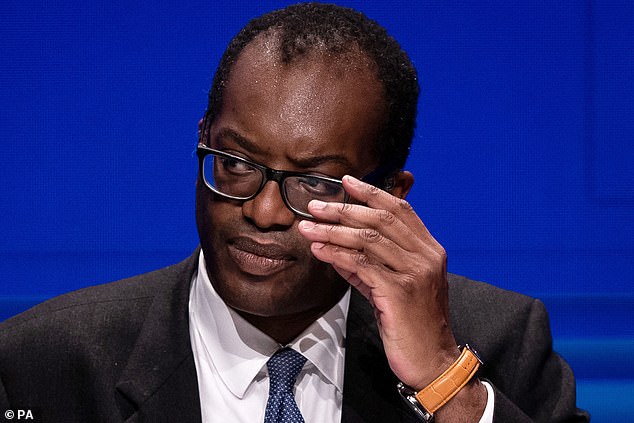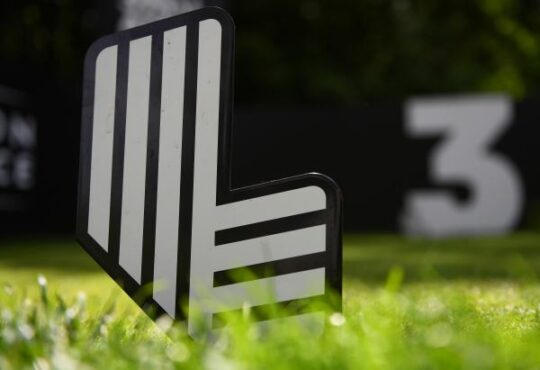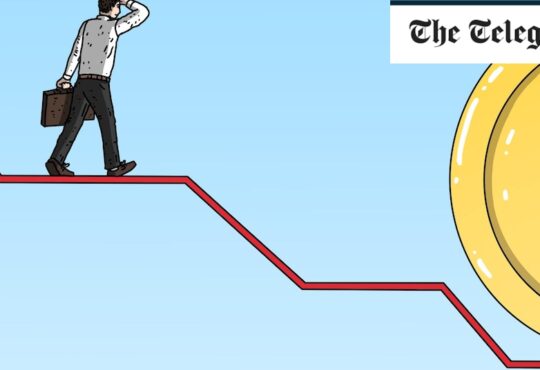
Former Chancellor Kwasi Kwarteng’s Budget fire sale has cost pensions £75bn, according to a report by a US investment bank
The near-collapse of the pensions market that prompted a Bank of England bailout has already cost company retirement schemes as much as £75billion, according to a report by a US investment bank.
The huge loss in value reflects the exposure many private sector pension funds have to liability-driven investment strategies. They use LDIs to ensure they can afford future payouts to ten million members of final salary schemes, which pay guaranteed pensions based on workers’ pay at retirement.
LDIs deploy leverage – or borrowing – to boost returns from Government bonds, known as gilts.

Fire sale: Many funds came unstuck after former Chancellor Kwasi Kwarteng’s disastrous mini-Budget in September sparked an unprecedented sell-off
But many funds came unstuck after former Chancellor Kwasi Kwarteng’s disastrous mini-Budget in September sparked an unprecedented sell-off. JPMorgan reckons the fire sale of assets has cost pension funds between £65 billion and £75billion since August alone. That compares with total assets of £1.7trillion at the start of this year.
The estimates are based on the bank’s forecast of figures due this week from the Pension Protection Fund, the safety net for the interests of around 5,200 final salary funds.
But the final cost is likely to be much higher. ‘We reckon about 25 per cent of assets have been lost,’ said Iain Clacher, professor of pensions at Leeds University.
Supermarket group Sainsbury’s last week revealed it made a £500million loan available to its fund to prevent a fire sale of assets. Its pension fund had already fallen 30 per cent to £8.2billion in the year before the LDI market blew up.
The BT pension fund, which has increased its LDI use in recent years, says it lost £11billion in the turmoil. The telecom giant’s fund has slumped by more than £21billion since June 2021 as a result of its LDI strategies. BT this weekend defended its use of LDIs. ‘Throughout this period, the liability hedging assets performed as intended. They have fallen in value in step with a fall in the present value of our future obligation to pay pensions,’ it said.
‘As a result, there was no worsening of the funding position.’
Advertisement






